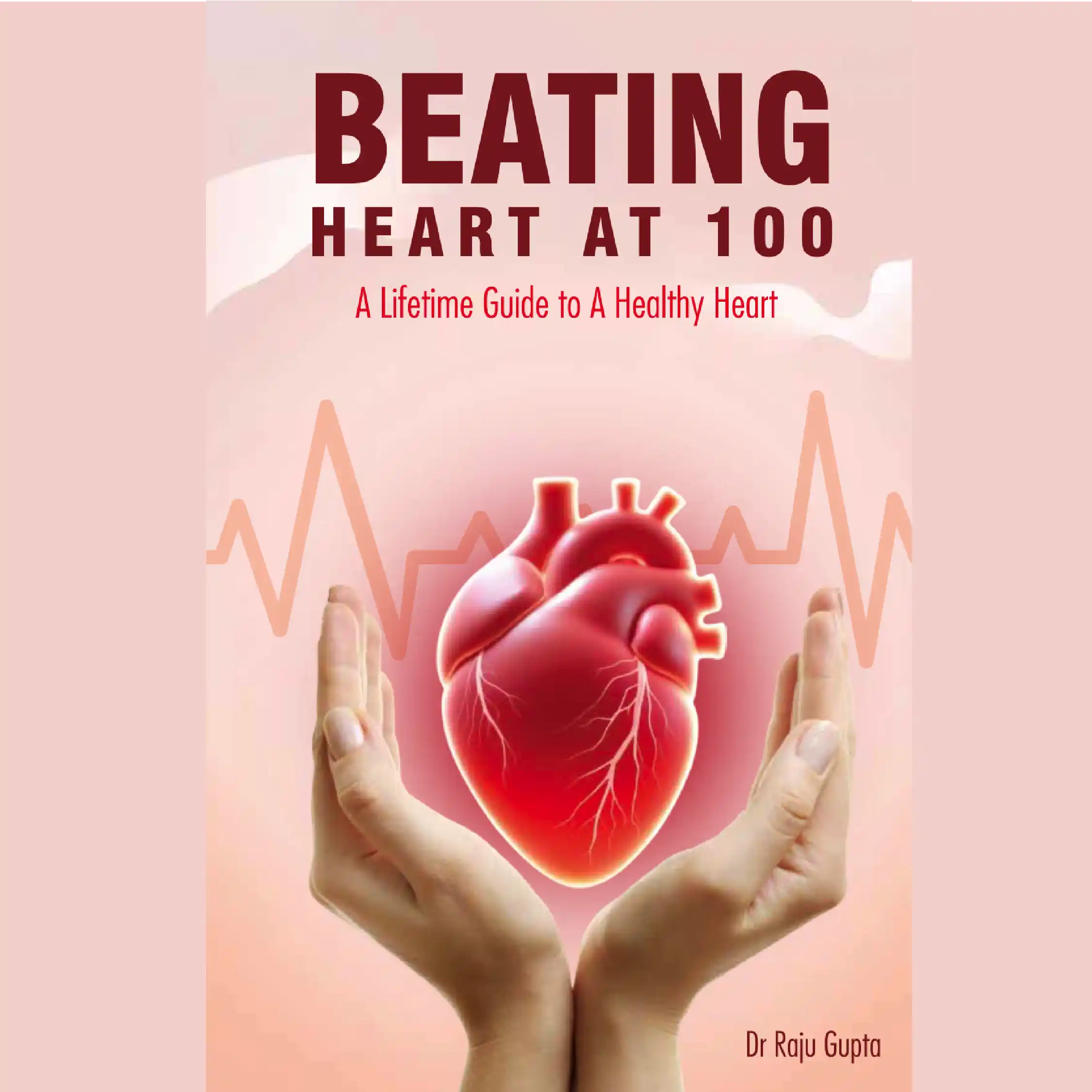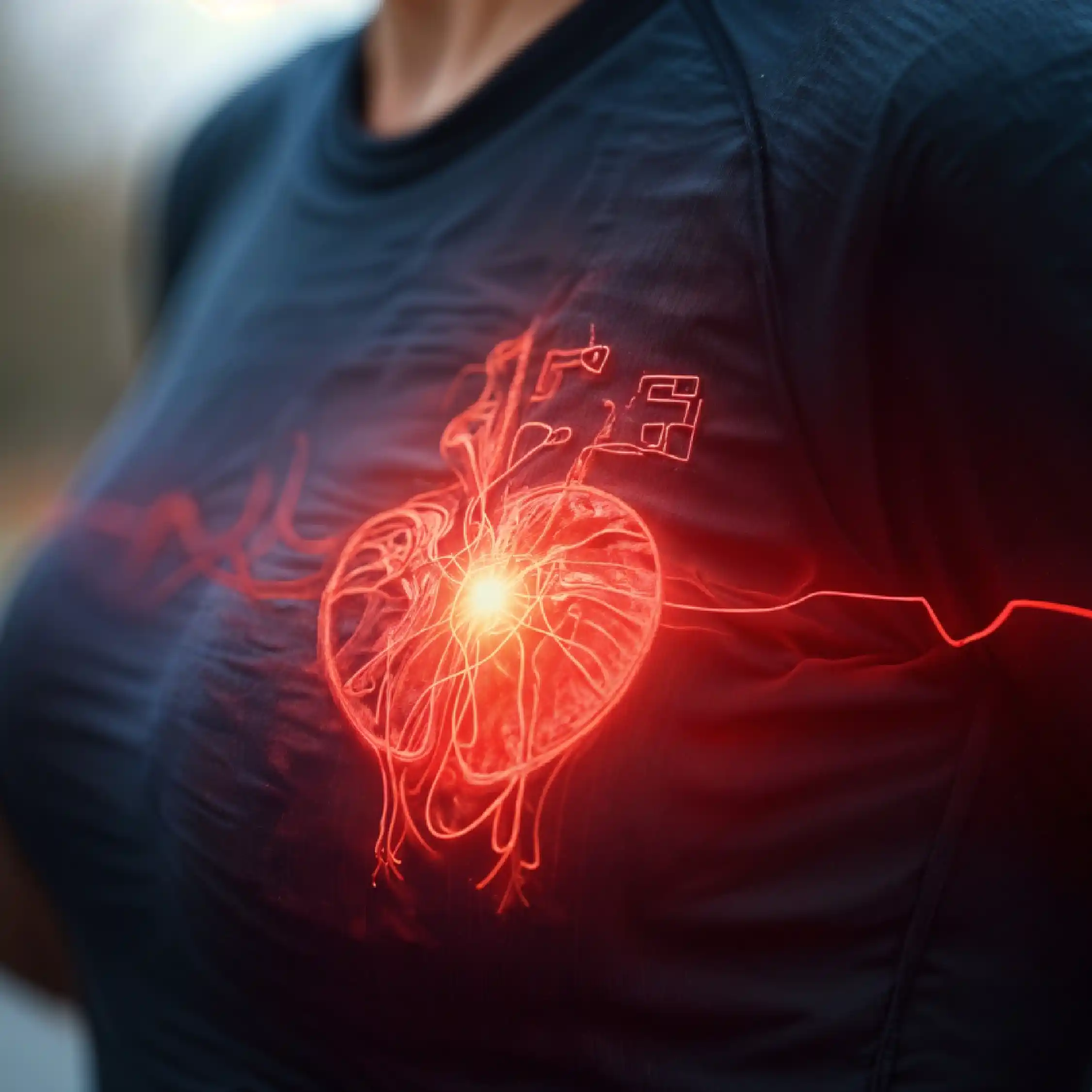The Myth That Costs Lives
For decades, we’ve been told that heart attacks are a “man’s problem.” Big belly, stressful job, poor diet — the classic “male” image of heart disease. But data tells a very different story. According to the World Heart Federation (2023):- One in three women worldwide dies from heart disease.
- Indian women develop heart disease 8–10 years earlier than women in the West.
- Diabetic women have 50% higher risk of dying from heart disease compared to diabetic men.
Why Women Experience Heart Attacks Differently
Here’s the scientific twist: Women’s hearts literally behave differently. Men usually develop blockages in the main arteries that supply the heart. Women, on the other hand, are more prone to microvascular disease — smaller blockages in the tiny arteries. These smaller blockages reduce oxygen flow but don’t always cause the classic crushing chest pain we associate with a heart attack. Instead, women might feel:- Unusual fatigue or sleep disturbance.
- Shortness of breath, even at rest.
- Pain in the jaw, back, or upper abdomen.
- Nausea, vomiting, or dizziness.



